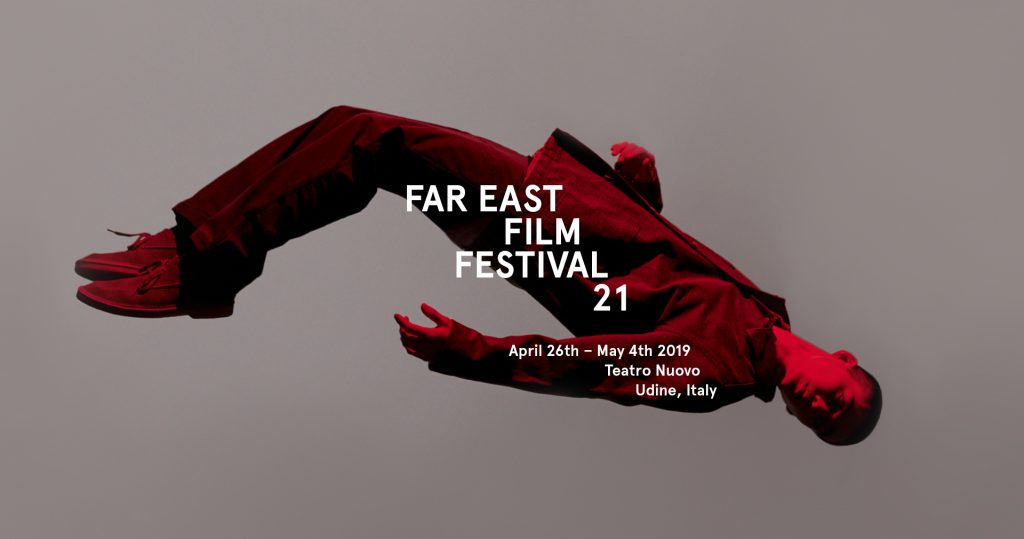The Far East Film Festival casts a wide net over commercial Asian cinema each year but increasingly audiences in the northern Italian city of Udine are gaining an insight into trends in filmmaking– and successes – to emerge out of China, as the mainland movie industry continues to expand.
At the 21st edition of the festival – which drew to a close on May 4 – there were 10 films from China on show across all programmes, and they revealed much about the state of the commercial film industry there as a whole.
For those of us still unfamiliar the market, FEFF gives an international audience – from Asian film fans to major international industry players – a chance to see what’s on offer in China, and Chinese filmmakers are able to mingle, and explore connections that may end up helping take their films to the world.
“It’s a relaxed atmosphere, and that’s important,” said Rao Xiaozhi, director of A Cool Fish (218). “You don’t feel any sense of obligation. It’s like being in a party for cinephiles.”
In terms of co-productions there saw two genres on show that are open to such direct financial and creative links between East and West.
People’s Republic of Desire (Hao Wu, 2018) a documentary about the online live streaming community, is a USA-China coproduction aimed at an international audience, and explaining a distinctly Chinese social phenomenon. Such films are designed to explain modern Chinese society to the world.
Then there is pure entertainment. Martial arts movies can also play to audiences at home in China and abroad, given their rich history and wide fan base, and the fact that the Chinese language film industry has the best talent available across this genre. Master Z: The Ip Man Legacy (Yuen Woo-ping, 2018) was a case in point, coming co-produced by China and the USA, drawing on the talent of stars from both sides of the world, and having already being released in North America.
In contrast to these, audiences in Udine also saw films aim directly at a domestic audience – but still surely having global appeal. Multi-media superstar Han Han’s Pegasus (2019) has been a massive hit with its tale of fast cars and wild adventure, harvesting the third biggest box office receipts in the first quarter of the year. So far FEFF has been the only place in Europe where you could find it.
Another box office smash in last year’s Wen Muye-directed black comedy Dying To Survive – which collected an estimated US$450 million from the box office – screened in Udine and was voted the second best film on show by the audience, showing its style and its substance were able to impress an international audience.
So far, though, Chinese films have not been able to replicate overseas the success they have enjoyed domestically.
A theme that emerged from panel talks featuring Chinese filmmakers at FEFF was that Chinese audiences have specific tastes in storytelling, when it comes to commercial cinema, and they normally look for more vivid, colourful and what are sometimes labelled “crazy” narratives.
It could be simply a matter of time before wide international audiences warm to the Chinese style.
The Wandering Earth (Frant Gwo, 2019) may be the film to break globally. A massive box office hit in China – with an estimated US$700 million in takings – it was the highest grossing movie in the first quarter of 2019 and this science fiction film has been picked up for global release by Netflix.
It also comes from source material – a story by science fiction author Liu Cixin – that has an established international audience.
“There was a diverse selection from China at FEFF this year and the tastes of the market there are definitely expanding,” said FEFF president Sabrina Baracetti. “It will be exciting to see where this leads audiences both in China and beyond.”










